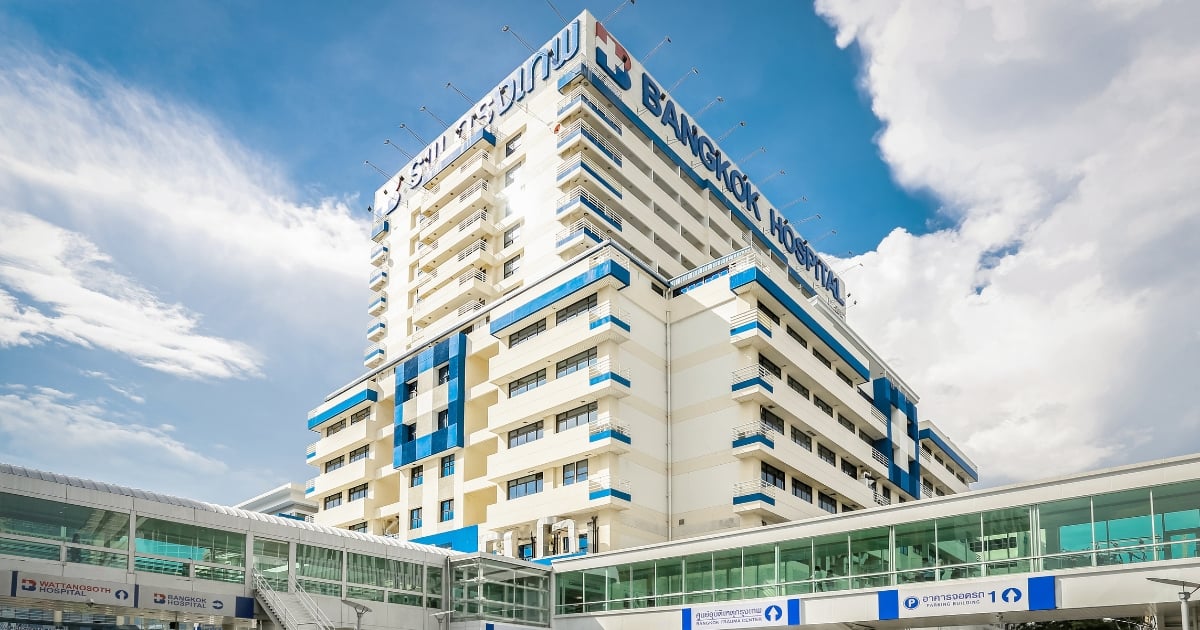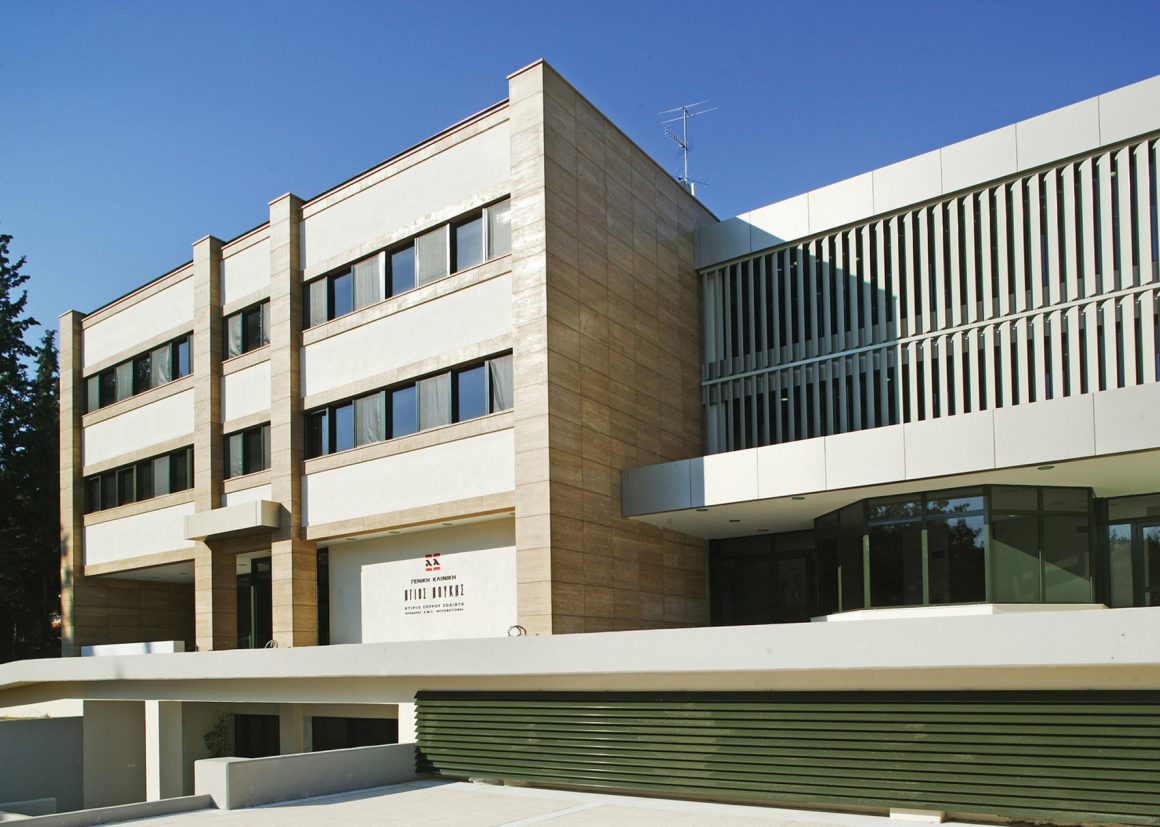Contents
What is Multiple Sclerosis (MS)?
Multiple Sclerosis (MS) is a long-term neurological disorder that affects the brain and spinal cord. The immune system mistakenly attacks the myelin sheath, which protects nerve fibers, disrupting communication between the brain and the rest of the body. This process, called demyelination, leads to symptoms such as fatigue, muscle weakness, coordination issues, vision problems, and cognitive decline. The severity and combination of symptoms vary depending on the extent and location of nerve damage.
The most common form, relapsing-remitting MS (RRMS), features alternating periods of flare-ups and recovery. Progressive types, such as primary progressive MS (PPMS) and secondary progressive MS (SPMS), cause a steady decline in neurological function over time. Although the exact cause remains unclear, research suggests a link between genetics and environmental factors like vitamin D deficiency, viral exposure, and smoking. While MS has no definitive cure, current therapies help slow its progression, reduce relapses, and preserve mobility, significantly improving the quality of life for many patients.
How Is Multiple Sclerosis (MS) Treated?
Treating Multiple Sclerosis (MS) involves reducing relapses, slowing disease progression, and managing daily symptoms. Each treatment plan is tailored to the individual, considering the specific type of MS, symptom severity, and overall health condition.
Disease-Modifying Therapies (DMTs) form the core of MS management. Medications such as interferons, ocrelizumab, alemtuzumab, and dimethyl fumarate reduce the frequency of relapses and delay long-term neurological damage. These drugs target immune system activity to limit inflammation and demyelination.
Symptomatic treatments focus on relieving issues like muscle stiffness, nerve pain, and depression. Common options include muscle relaxants, neuropathic pain medications, and antidepressants, which help improve daily comfort and emotional balance.
Rehabilitation therapies—including physical, occupational, and speech therapy—play a vital role in maintaining strength, coordination, and independence. Regular sessions help patients adapt to physical challenges and preserve function.
Lifestyle adjustments such as balanced nutrition, consistent exercise, and stress reduction further support treatment goals. In addition, emerging approaches, including regenerative and stem cell therapies, are being researched for their potential to repair damaged nerve tissue and target the underlying causes of MS.
Most Effective Approaches to Multiple Sclerosis (MS) Treatment
Regenerative Therapies
Regenerative medicine seeks to repair or replace damaged tissues and restore normal function. In the context of MS, this involves promoting remyelination—the process of repairing the myelin sheath. Experimental therapies include:
- Oligodendrocyte Progenitor Cell Transplantation: These cells have shown promise in animal studies for regenerating myelin and improving nerve function.
- Neuroprotective Agents: Medications targeting oxidative stress and inflammation aim to protect neurons from further damage.
- Peptide-Based Therapies: Research into peptides that mimic myelin proteins may help retrain the immune system to stop attacking myelin.
Stem Cell Therapies
Stem cell therapies represent a groundbreaking approach in MS treatment. Hematopoietic stem cell transplantation (HSCT) has shown significant results in halting disease progression for certain patients. This therapy involves:
- Collecting the patient’s own stem cells.
- Using chemotherapy to suppress the overactive immune system.
- Reintroducing the stem cells to rebuild a healthier immune system.
Mesenchymal stem cells (MSCs) are another promising avenue. Unlike HSCT, MSC therapy focuses on reducing inflammation and promoting repair without the need for chemotherapy. While still experimental, MSC therapy is gaining traction in clinics worldwide.
5 Reasons to Travel Abroad for Multiple Sclerosis Treatment
- Access to Cutting-Edge Therapies: Advanced treatments like HSCT and regenerative therapies are not universally available. Many countries specialize in these options, offering access to pioneering medical practices.
- Cost Savings: The cost of MS treatments can vary significantly by country. Patients often find more affordable options abroad without compromising on quality.
- World-Class Facilities: Countries like Turkey, Spain, and Thailand boast state-of-the-art hospitals with internationally accredited specialists in neurology and immunology.
- Shorter Waiting Times: Seeking treatment abroad often eliminates the long waiting periods associated with healthcare systems in certain countries.
- Comprehensive Health Tourism Services: Companies like A-Medical streamline the process, ensuring a stress-free experience by handling travel logistics, medical appointments, and accommodation.
Best Countries & Clinics for Multiple Sclerosis
Liv Hospital (Turkey)

Located in Istanbul, Liv Hospital is renowned for its advanced neurology and immunology departments. The facility offers personalized treatment plans, incorporating cutting-edge diagnostic tools and therapies like MSC transplantation. Its team of MS specialists is trained to deliver both conventional and experimental treatments.
Vitalia Merkez Prime Hospital (Turkey)

Located in Antalya, this hospital specializes in regenerative medicine and stem cell therapies for MS. Patients benefit from modern infrastructure, dedicated neurologists, and a holistic approach to treatment. Through A-Medical, patients can receive a free initial consultation, ensuring tailored care plans from the outset.
Teknon Medical Center (Spain)

Teknon, based in Barcelona, is a leader in the field of MS research and treatment. Known for its multidisciplinary teams and clinical trials, Teknon offers HSCT and immunomodulatory therapies. The hospital combines innovation with patient-centered care.
Bangkok Hospital (Thailand)

With a global reputation for excellence, Bangkok Hospital provides advanced MS treatments, including DMTs and stem cell therapy. The hospital is a hub for international patients, offering bilingual staff and cutting-edge facilities.
St. Lukas Hospital (Greece)

Situated in Thessaloniki, St. Lukas Hospital is a top choice for MS patients seeking stem cell therapy and neurorehabilitation. In partnership with A-Medical, patients are entitled to a free initial consultation. The hospital’s serene location and expert team make it an ideal destination for recovery.
Why Choose A-Medical Health Tourism Company for Multiple Sclerosis Treatment?
A-Medical makes it easier for patients with Multiple Sclerosis (MS) to access high-quality treatment abroad by managing every stage of the medical journey. The service focuses on personalized coordination, transparent pricing, and full logistical support to remove the stress often associated with international care.
Affordable Packages: Patients can access discounted treatment options at top hospitals such as Vitalia Merkez Prime and St. Luke’s through A-Medical’s established partnerships.
Free Consultations: A-Medical provides one complimentary consultation at selected clinics, allowing patients to discuss their condition directly with specialists before making any commitment.
Complete Logistics Management: The team handles visa assistance, flight and hotel bookings, and local transfers, ensuring that travel and medical scheduling are smooth and efficient.
Personalized Care Plans: Collaborating with leading neurologists, A-Medical builds individualized treatment plans that address each patient’s type and stage of MS.
Tourism Integration: Patients can combine treatment with restorative travel experiences, making their stay both therapeutic and enjoyable.
By coordinating everything from pre-treatment consultations to follow-up care, A-Medical allows MS patients to focus fully on recovery while feeling supported and informed throughout the entire process.
Conclusion
Traveling abroad for MS treatment offers unparalleled advantages, from accessing the latest therapies to experiencing world-class healthcare at a fraction of the cost. By partnering with trusted providers like A-Medical, patients can embark on their medical journey with confidence, knowing every detail is meticulously handled. For those seeking the best country for multiple sclerosis treatment, premier clinics in Turkey, Spain, Thailand, and Greece make achieving better health more accessible than ever.




